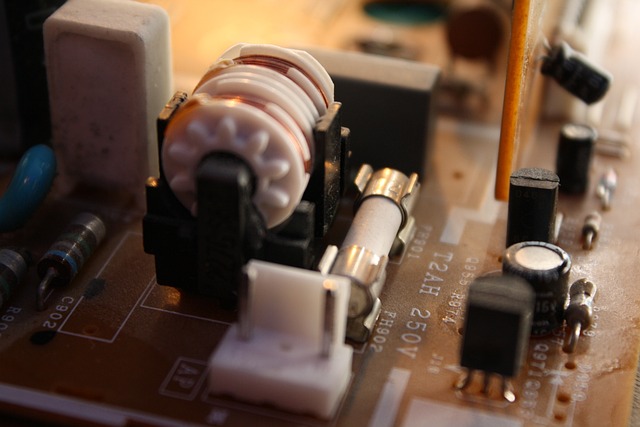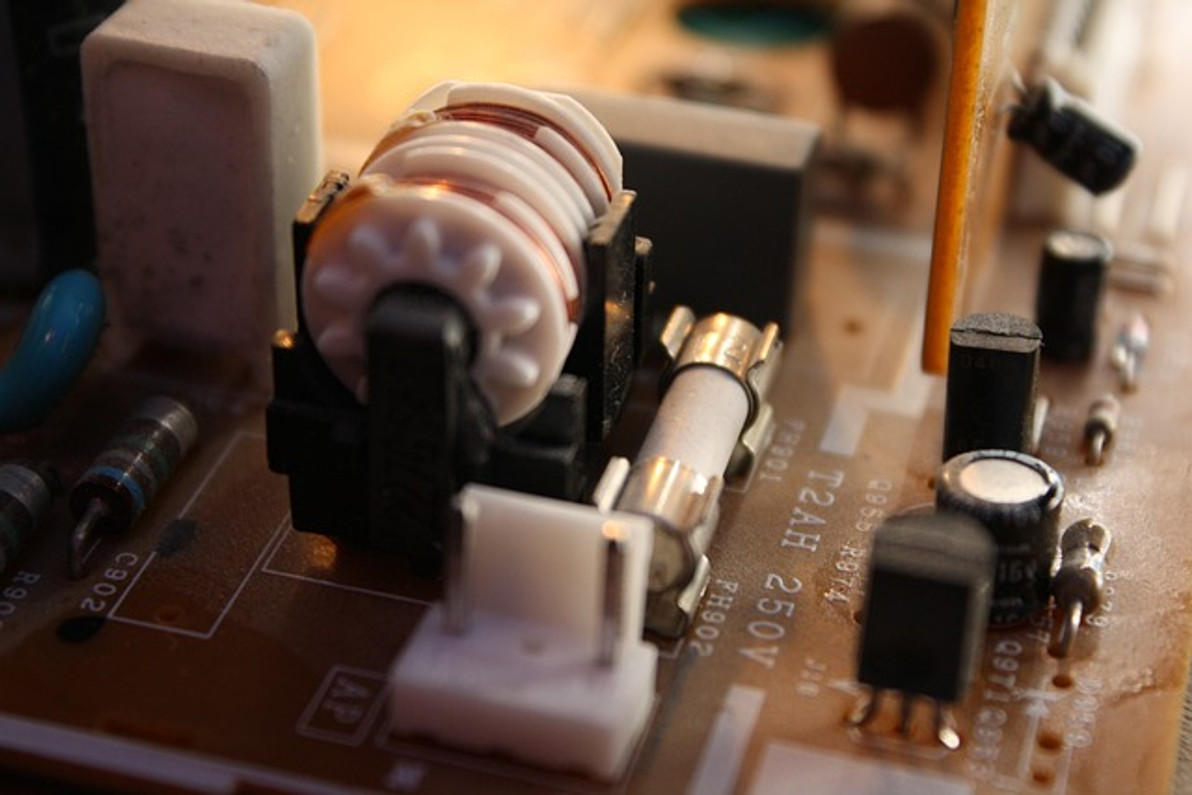The Importance of Fuses in Electrical Safety

Fuses play an important role in many devices and electrical systems. Devices and electrical systems, of course, feature circuits. A circuit is nothing more than a conductive pathway. Electricity will travel from a given source through the circuit. Within many of these circuits are fuses.
What Are Fuses?
Fuses are small devices that are designed to protect devices and electrical systems from overcurrent, short circuits and other electrical faults. While available in different types, most fuses consist of a hollow tube with a thin wire or filament. If too much electricity attempts to pass through a fuse, the fuse will break.
The Role Fuses Play in Electrical Safety
They may be small, but fuses play an important role in electrical safety. When a circuit experiences an overcurrent or short circuit, the fuse will heat up. Electricity creates heat. As the electricity traveling through a circuit increases, so will the heat to which the circuit is exposed. Fuses are installed within circuits, so they will be exposed to this electricity-related heat as well.
Once the temperature of a fuse reaches a certain point, the wire or filament will melt. Normally, the fuse's wire or filament is part of the circuit itself. Therefore, when it melts, the circuit will break. No more electricity will pass through the broken or "blown" fuse, thus protecting the device or electrical system from damage.
Fuses are important for electrical safety because they provide a critical line of defense against electrical faults. Without them, circuits would be at risk of overheating and catching fire, which could pose a serious risk to people and property. Fuses help ensure that devices and electrical systems operate safely and reliably by interrupting the flow of electricity when necessary to protect against potential hazards.
How Fuses Differ From Circuit Breakers
Some people assume that fuses and circuit breakers are the same. They play a similar role in electrical safety, but fuses differ from circuit breakers in several ways.
One of the main ways that fuses differ from circuit breakers is that they are designed for a single use. Once the wire or filament has melted, the fuse must be discarded and replaced. Circuit breakers, in comparison, can be reused. A circuit breaker will "trip," at which point the circuit will be broken. The circuit breaker can then be reset to restore the circuit.
Circuit breakers are also used for multiple circuits. Fuses, in comparison, are typically used for a single circuit each.
Recent Posts
-
Fire Safety in the Workplace: What You Need to Know
What steps are you taking to prevent fires in your workplace? According to the U.S. Occupational Saf …Aug 23rd 2023 -
Is It Safe to Go Jogging With a Cold Infection?
If you're suffering from a cold infection, you might be wondering whether it's safe to go jogging. T …Aug 22nd 2023 -
5 Safety Tips to Follow When Using a Powder-Actuated Tool
Powder-actuated tools are commonly used to join materials to steel and concrete. Also known as Hilti …Aug 20th 2023




